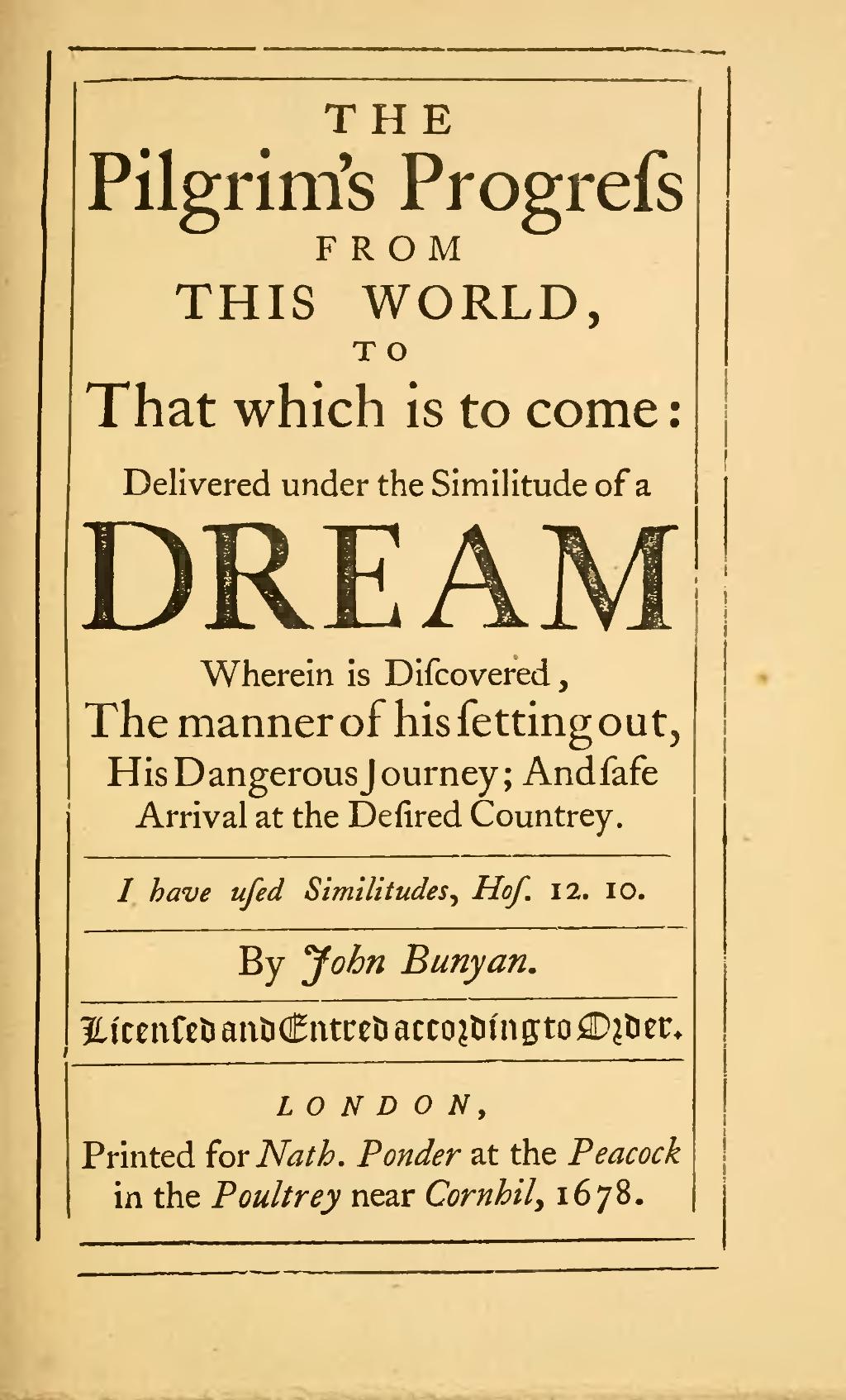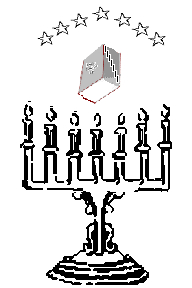The Bible does contain some metaphors, but it's important to understand what is figurative and what is literal.
And he spake
many things unto them in parables... - Matthew 13::2
G3850 - parabolē - Strong's Greek Lexicon (KJV)
Then said he unto them, Therefore every scribe which is instructed unto the kingdom of heaven is like unto a man that is an householder, which bringeth forth out of his treasure things new and old. And it came to pass, that when Jesus had finished these parables, he departed thence. - Matthew 13:52-53
Unto whom it was revealed, that not unto themselves, but unto us they did minister the things, which are now reported unto you by them that have preached the gospel unto you with the Holy Ghost sent down from heaven; which things the angels desire to look into. - 1 Peter 1:12
If a preacher prays and is Spirit led his sermons will be exciting, even to the point where Angels will desire to look into. Indicating an entertainment value to the Christian service. Another preacher can attempt to preach the same sermon, and it will be totally dry and uninteresting.
The biggest problem is that our translations give what the translators believe Christ was saying. For example the Matt 13:52 verse poorly conveys what the actual message was. What was the treasure that the householder bringing out? His treasure. And Matt 12:35 defines that for us where it is recorded: -
Matthew 12:35: - 35 A good man out of
the good treasure of his heart brings forth good things, and an evil man out
of the evil treasure brings forth evil things.
This is the same Greek word for "treasure" found in Matt 13:52, which means that the treasure is not a physical object if we were to adopt the literal understanding as read, but the "treasure" is metaphorical in that it is describing something that words and concepts which in this case is associated with a person's salvation. Now the verse goes on to tell us that the treasure has been made fresh again like new, but that the treasure is also very old and is ancient, even from the time of Adam. Now if Jesus was speaking of Himself, then He was referring metaphorically to a future event when the Salvation process was to be refreshed as described in
Daniel 9:24b: - "To make reconciliation for iniquity, To bring in everlasting righteousness, To seal up vision and prophecy, And to anoint the Most Holy." But he was also speaking of His "Disciples", and even possibly the Nation of Israel, in that they would be fully instructed in the Kingdom of Heaven to bring Salvation to those who will listen and accept their teaching during that time.
Those that only read the scriptures literally, miss so much of the message hidden within the words.
In Ezekiel 34:12-14 if we read what has been recorded, literally, then we will miss the message context and come to the wrong conclusion. This wrong conclusion has driven Middle Eastern Foreign Policy now for many decades. The "Christians" driving this flawed Middle Eastern Policy are attempting to force God's hand to bring forward the Biblical prophesied event and it has created a festering sore in the Middle East that has increased the Tribulation of the Jewish People during this time of Jacob's Trouble.
In the Garden of Eden, God Entered in a Covenant with Adam and Eve which is best described as the beginning of the Salvation Covenant with all of the people of the world who over time accept the terms and conditions of that Salvation Covenant and adhere to its boundary conditions.
That is what we, at this present time, are responding to, an ancient covenant that has now been made fresh once more by the Cross. It is not a "Brand New" covenant as many seem to want have us believe in, but it is a covenant where we must submit ourselves to God on His Terms and not on ours.
Yes the Bible has been written with many metaphors hidden within its words. Sadly, the scholars with their learned biases have caused the Bible message to have become obscured and difficult to find.
Shalom



